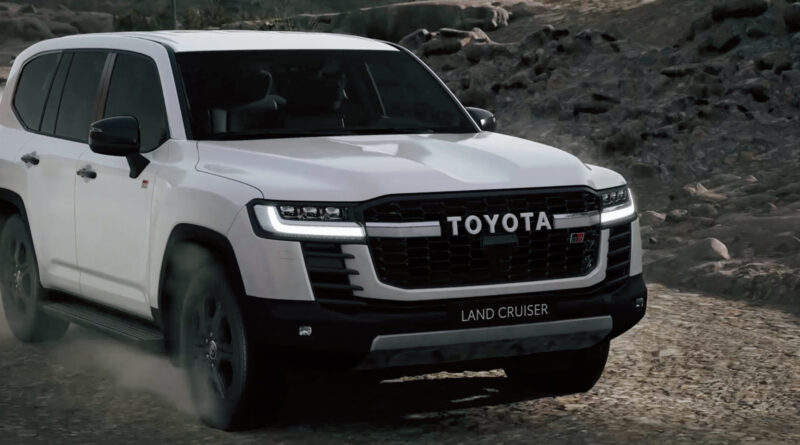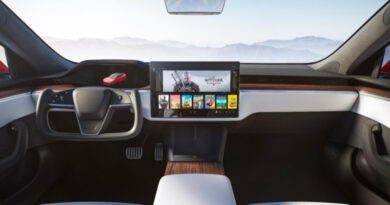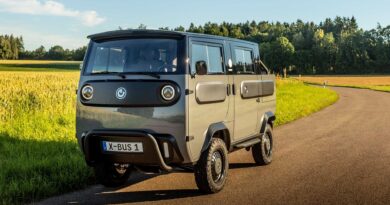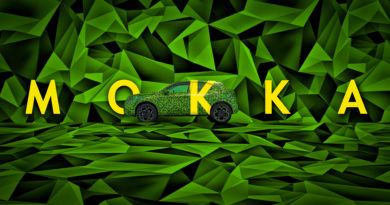Diesel hybrid possible for Toyota Hilux, LandCruiser 4WDs
It’s no secret Toyota is working on hybrid versions of its hard core off-roaders, including the Hilux, Prado, LandCruiser and Fortuner.
The brand has, after all, committed to offering a hybrid or electric version of every car in its range by 2030.
But a report out of Japan suggests the future hybrid technology for some of those off-roaders could use a new diesel hybrid drivetrain, going against the traditional thinking of teaming a petrol engine with an electric motor for hybrid efficiency.
A report from Japanese publication Best Car Web says that while petrol-electric hybrid versions of the Prado, Hilux and LandCruiser are under way – including a new generation 2.5-litre four-cylinder hybrid system – there also appears to be a diesel hybrid in the development pipeline.
READ MORE: Toyota bZ4X the brand’s first battery electric vehicle, due 2022
READ MORE: Toyota LandCruiser 300-Series revealed, hybrid or electric coming
READ MORE: Why electric cars and 4WDs will be more capable off-road
READ MORE: See what we think of the regular diesel LandCruiser over at Motofomo
“It seems that the development of clean diesel is also underway in the direction of hybridization,” the publication says, without directly quoting anyone, instead relying on contacts. “This is likely to be installed in off-road 4WD vehicles and commercial vehicle-based models.”
Those commercial vehicles include the Prado and Hilux, which use the same engines, as does the Fortuner (an SUV version of the Hilux) and Hiace and Granvia vans.
The publication also highlights the LandCruiser 300-Series, which was recently unveiled and is set to get a form of hybrid or electrification during its life cycle, which is expected to be upwards of 10 years.
Diesel hybrid nothing new
Hybrid powertrains using a diesel engine are nothing new. Peugeot and Mercedes-Benz both sold them over the past decade, but both has since dropped them in favour of petrol hybrid systems.
Kia also showed a diesel hybrid prototype engine in 2014, but it never made it to production.
There are many challenges for diesel hybrids, one of which is cost.
A modern diesel engine is more expensive to produce than a petrol engine, in part because of the challenges of cleaning exhaust emissions.
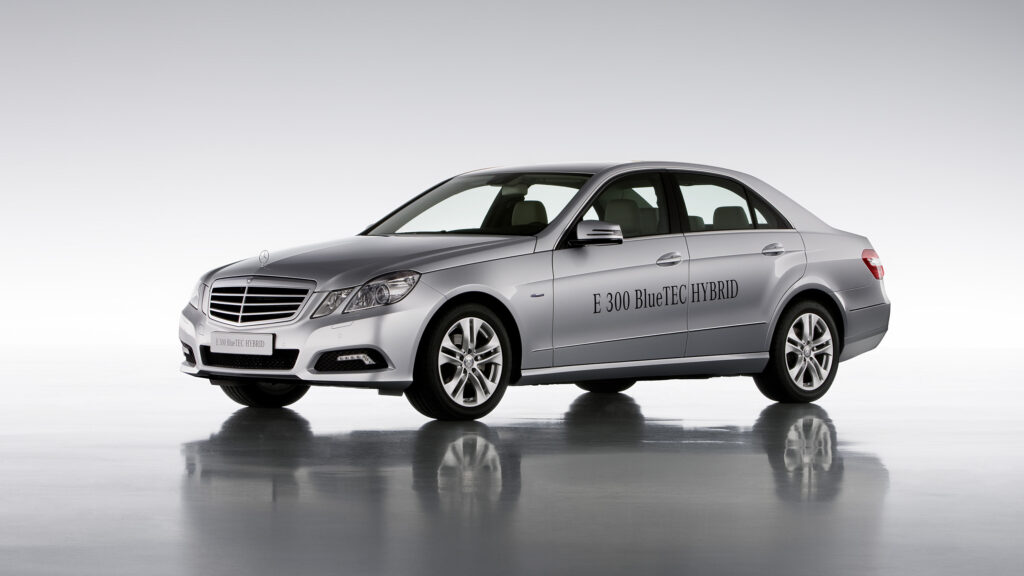
Diesel engines typically produce less CO2 than a petrol engine, but the noxious gases – the things that can kill humans – are worse.
It’s getting increasingly more expensive to ensure diesel engines meet modern emissions regulations, which are still below those of petrol engines.
Diesel hybrid has long been in the Toyota mix
Toyota Australia’s preference appears to be for a diesel-hybrid system.
In 2019 Toyota Australia vice president of sales and marketing Sean Hanley told us a diesel hybrid would make sense for a car like the LandCruiser.
“We’re a big market for LandCruiser in Australia,” he said at the time, implying that Australia has a loud voice when it comes to developing new LandCruisers. “We’re always analysing the future and market trends.”
Hanley said it would be the market that would determine what drivetrains would be offered.
Considering Toyota no longer offers a petrol version of the LandCruiser or Prado in Australia, it appears the market is very much committed to diesel when it comes to heavy duty off-roaders.
His comments were backed up by product planning boss Rod Ferguson, who referenced those who buy LandCruisers, which include mining companies and farmers, often with diesel on-site and with generous government discounts on running diesel fuel.
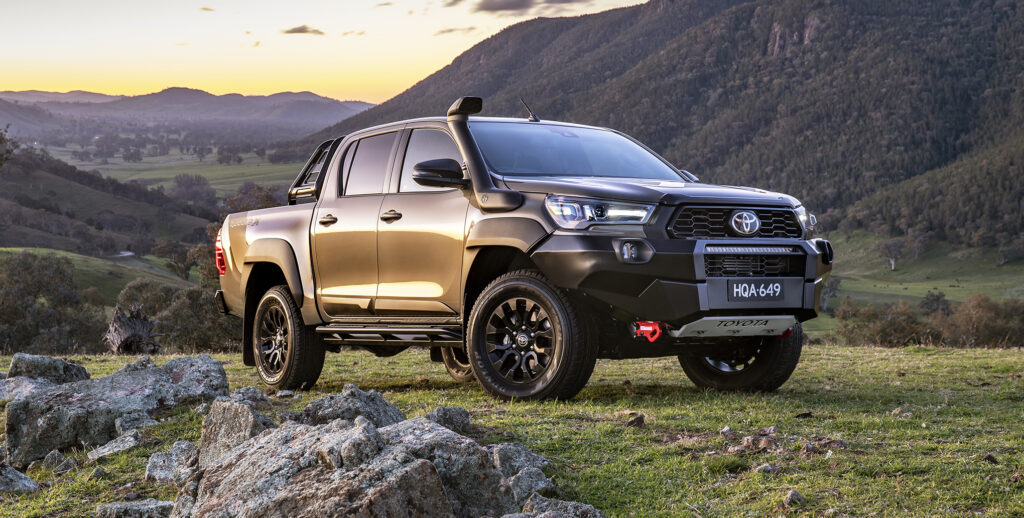
“We’ve still got a number of customers who see diesel as important for the performance of their vehicles, for the torque,” Ferguson said in 2019. “For the big SUVs we are still committed to diesel … whatever we apply has got to be fit for purpose, it’s got to meet the requirements of the customer.”
But Ferguson has also said “we’re considering diesel hybrids, petrol hybrids”, keeping some mystique as to which way the company will head.
Toyota has already committed to have an electric or hybrid version of every model in its range by 2030.
Toyota has already engineered its new LandCruiser 300-Series for hybrid, and a new generation Prado is due around 2023. Expect a new Hilux around 2025, with the mechanically-similar Fortuner following shortly after.
LandCruiser v Prado/Hilux/Fortuner
The big question is whether Toyota would develop one or two diesel hybrid drivetrains for its hard core off-roaders.
Toyota positions the LandCruiser very differently to its other off-roaders in Australia.
Whereas the Prado, Hilux and Fortuner all share the same engine – currently a 2.8-litre turbo diesel – the LandCruiser has always got something bigger and better.
The outgoing 200-Series LandCruiser used a 4.5-litre twin-turbo V8 diesel, but that’s set to drop back to a 3.3-litre V6 twin-turbo diesel with the new 300-Series (the new V6 has more grunt than the older V8).
While LandCruisers in overseas market use smaller engines than they do in Australia – the 200-Series was available with the 4.0-litre V6 petrol engine previously used in the Prado, for example – it’s difficult to see Toyota using the same engine across both models in Australia.
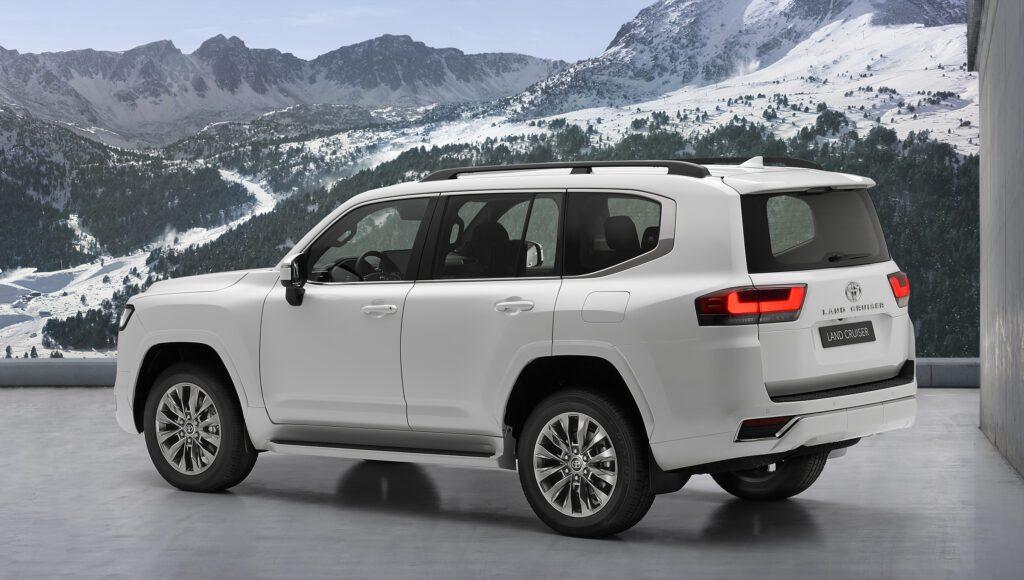
Short story is Toyota Australia positions the LandCruiser as the king and the Prado and Fortuner ride off that success.
But electrification opens new options for differentiation.
The same ICE, for example, can be paired with larger electric motors to create more grunt.
Or the ICE itself can be stepped up to create more power in a bigger application, as Toyota has done with the four-cylinder used in the Kluger Hybrid.
FCEV hydrogen also likely
While hybrid will almost certainly be part of the off-road mix for Toyota in Australia, the company is also forging ahead with hydrogen fuel cell technology.
Toyota recently brought in a small batch of Mirai FCEV cars to lease to businesses and fleets.
The company also has a hydrogen refueling station at its Altona facility in Melbourne.
And Toyota has made no secret of the fact it sees hydrogen as highly relevant to LandCruisers, Hiluxes and Prados.
“Is there scope for a future LandCruiser fuel cell down the track? Could be,” product planning chief Rod Ferguson told EVcentral. “It’s [hydrogen fuel cell] a suitable technology.”
Ferguson also made one very good point that shows the challenges with a battery electric version of the LandCruiser or other Toyota 4WDs: battery capacity and the weight that adds to the vehicle.
“The energy density of [hydrogen] fuel cell is very good,” he said, something that is important for cars that can travel more than 1000km between refills and are regularly used for towing. “You don’t have to use up a lot of payload,” says Ferguson.
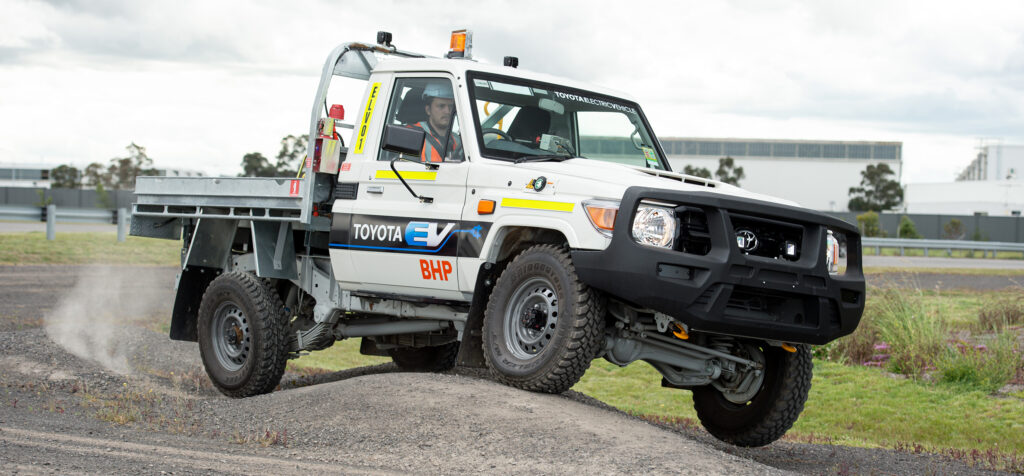
Of course, Toyota Australia has already committed to BEV versions of its rugged LandCruiser 70-Series.
But those 70-Series EVs are for a very specific application: mining companies. It’s likely they will have relatively short EV ranges – to keep the weight of the battery packs down – although Toyota hasn’t released those details yet.
While there are many pieces to the puzzle – the most costly and complex of which is having a viable hydrogen refueling network across Australia – FCEV is clearly high on the wish list for Toyota Australia.
Hybrid, FCEV or EV LandCruiser, Hilux would still be hard core off-roaders
Anything that wears a LandCruiser, Prado or Hilux badge in Australia would still have to deliver in terms of capability, reliability and performance. Toyota has made that very clear over the years, whether it chooses a BEV, a regular hybrid or a hydrogen fuel cell.
If anything, those options with a hybrid system could even be more capable than regular ICE-powered versions. Many brands say electric motors will improve the 4WD breed.
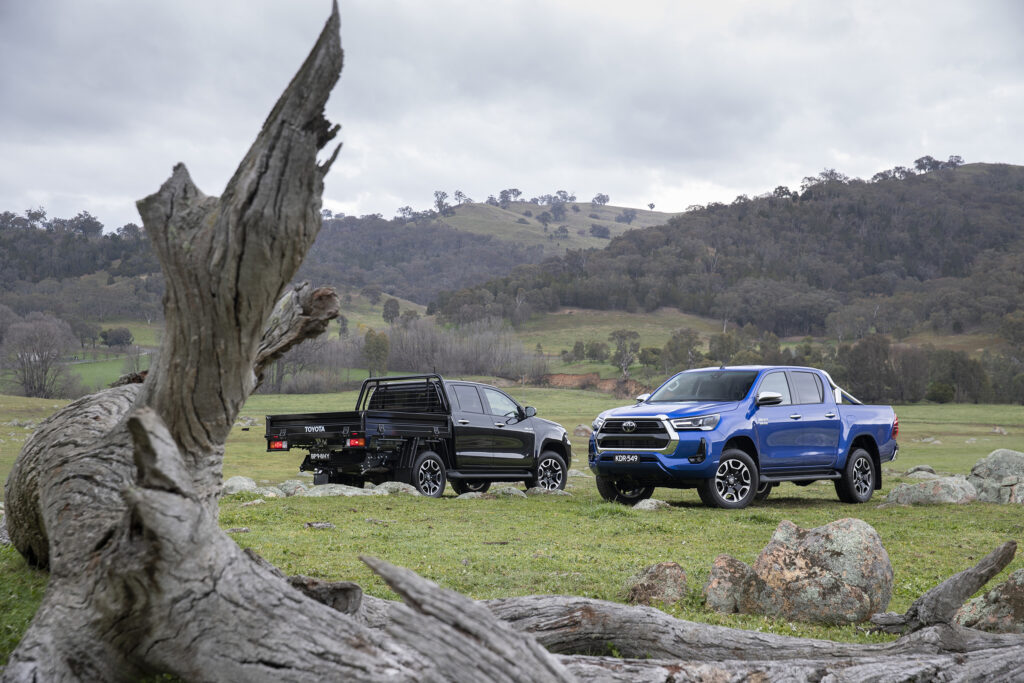
The additional control of an electric motor potentially makes that possible.
But adding electricity to the mix also increases the complexity.
Many people tackling remote tracks in Australia want simplicity to reduce the chances of something going wrong.
So engineering another component into the drivetrain will need to live up to the expectations of those who drive them. They’re big expectations.
Toyota knows that, which is why the company recently said hybrid versions of the Hilux and LandCruiser would be many years away.
“Light commercial vehicles was always going to be a slightly delayed response to electrification than passenger cars and SUVs,” said Hanley earlier this year.
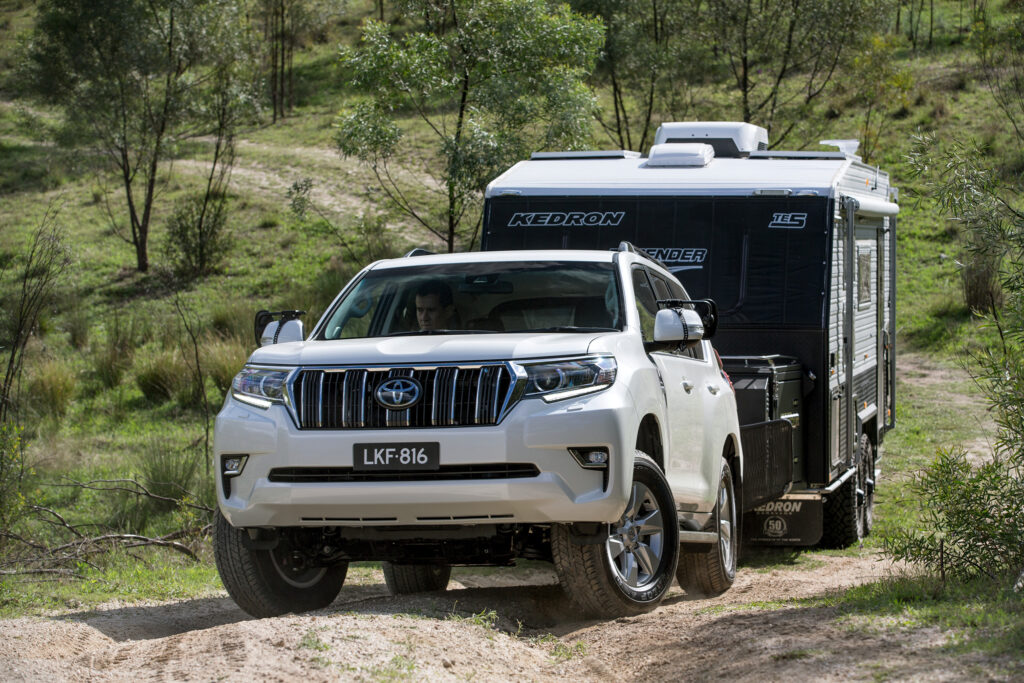
“That will include – definitely – LandCruiser and Hilux going forward.”
Petrol hybrid LandCruiser still possible
None of which rules out Toyota doing a petrol hybrid version of the LandCruiser for other markets – and, potentially, Australia, if it believes customers are ready for it.
Other big LandCruiser markets around the world – including America and the Middle East – favour petrol over diesel. And Toyota is offering a new 3.5-litre twin-turbo V6 petrol engine for the LandCruiser 300-Series in America and the Middle East.
So it makes sense for Toyota to offer petrol-electric hybrid options in future.
The case seems less obvious for the Prado and Hilux, which have a high diesel uptake in many markets.

